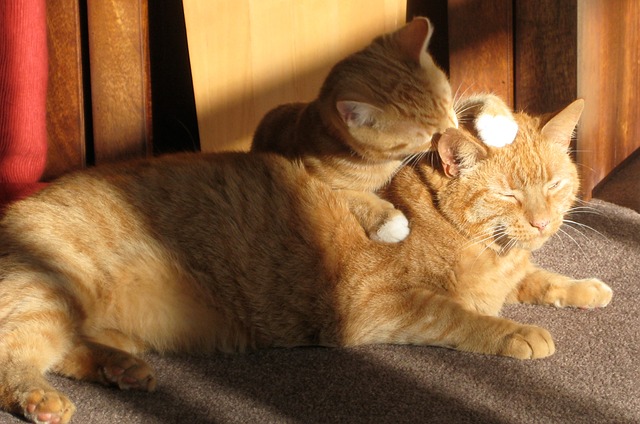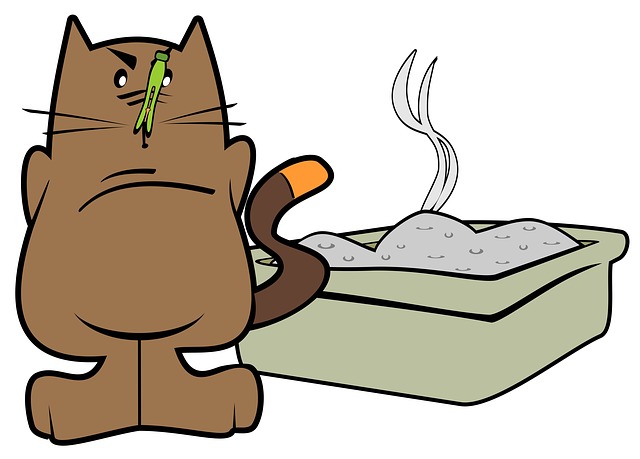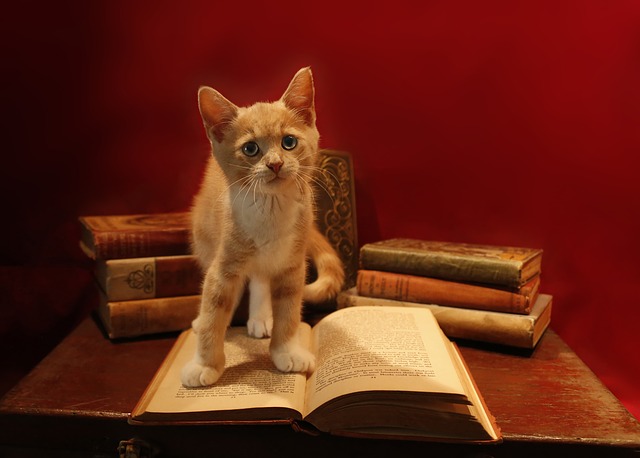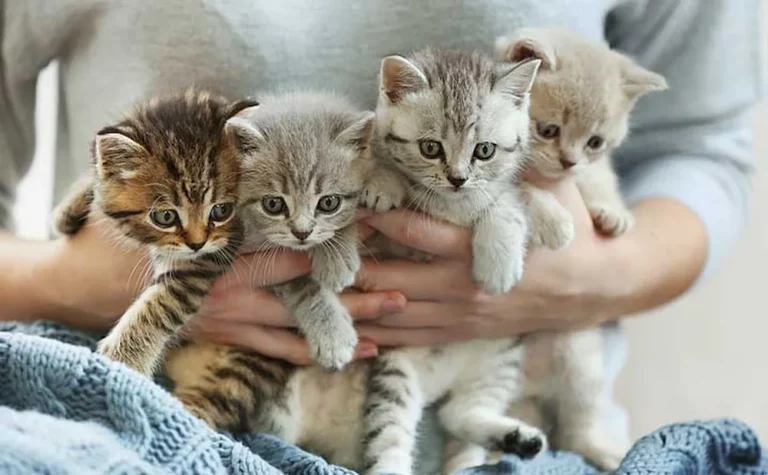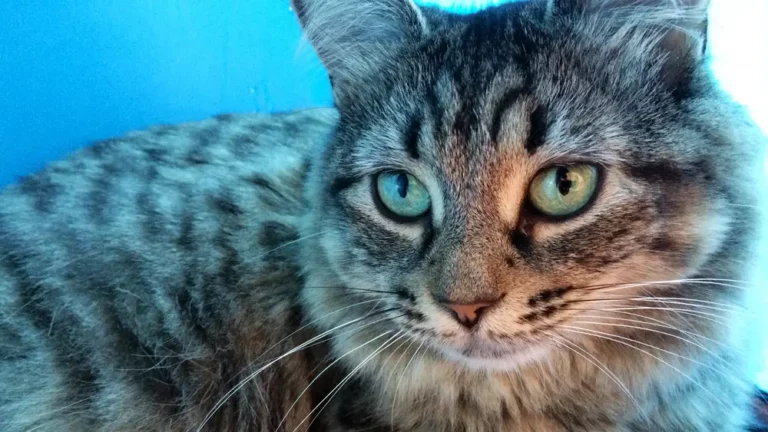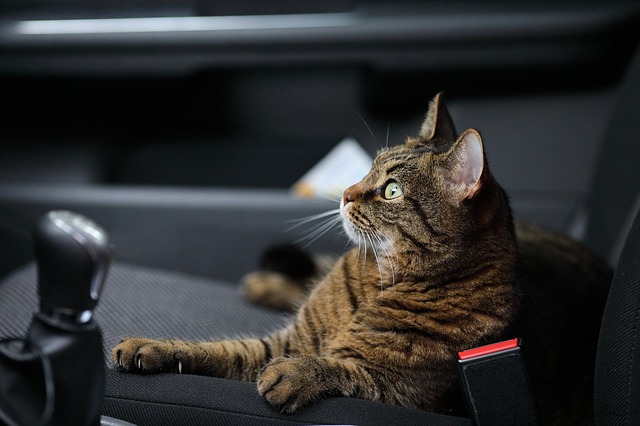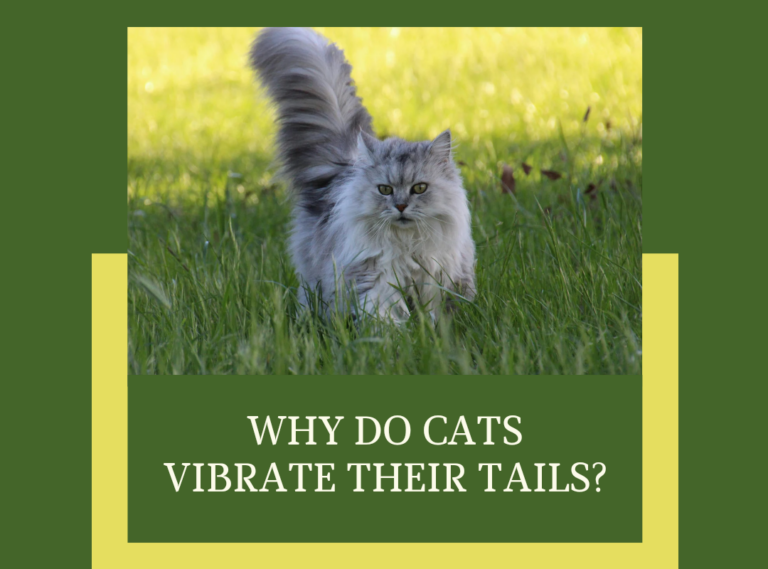What Does It Mean When Cats Lick Each Other?
Feline interaction is an amusing sight to behold. But, to understand why cats interact a certain way is a different kettle of fish.
Today’s post will dive into the world of
In a nutshell, cats lick each other for hygiene and social bonding. However, licking is not always a positive experience for all cats involved. Tension may build up and fighting starts.
An awareness of the many different reasons why cats lick each other will help the
What does it mean if a cat licks another cat ?
Licking is first learned and experienced by cats at birth. The Queen will lick her kitten clean including its amniotic sac, fluids, and umbilical cord.
The reason is both for hygiene and transferring the “family scent” to her litter. The Queen should do this immediately with each kitten while in labor for the rest of her litter. This should provide the Queen with essential nutrients and prevent infections from her litter.
Eventually, sibling cats and felines that grow up together will mirror the Queen’s act and lick each other to help keep everyone clean. Mating cats may also bond through licking.
If you introduce a new
Why do cats lick each other’s private areas?
It is normal for cats to help each other keep their bums and privates clean by licking these hard to reach areas. With newborn kittens, it is essential.
At birth, you will notice the Queen will lick its kittens’ abdomen and private areas. This is necessary to encourage the kitten to poop and pee.
Newborn kittens will not excrete without stimulation. If the kitten is abandoned or its mum dies during birth, you need to stimulate its private areas with a warm, wet cloth.
If you adopt kittens, your existing
Why does my cat lick my other cat ’s head?
You know when you have someone scratch your back, you won’t let just anyone scratch it for you. It has to be someone you trust.
Cats are like this, too. Your
When self-grooming, cats will lick their paws to wash their head and neck. It just feels cleaner when another
Why do cats bite each other’s necks while grooming?
Biting is as much a sign of affection as licking is. It is built on trust, familiarity, and feeling at ease.
But, the biter can also be showing its dominance. It is not necessarily aggression or bullying, rather showing who the alpha is in the household.
Cats grooming each other show dominance
Research has revealed that dominant and confident cats are most likely to lick more submissive or shy cats. The alpha will stand or sit upright while licking the other
You see, even cats lay boundaries on where they can be licked. Some cats would allow their back or even their ears to be licked clean. Often cats would hit the other if it licks their paws.
Why do my cats lick each other and then start fighting?
Watch out for signs of tension especially from the
If a
Allogrooming ends when the
Cats licking each other and then fighting could be a sign of illness, too.
Cats are sensitive to physical and emotional unease, both from their own kind as well as from their human companions. Licking can be done to soothe a stressed or unwell
Your
However, instead of soothing a fellow
Why don’t my cats groom each other?
There is no reason to worry about cats that do not groom each other. As long as they self-groom, it is okay.
Cats show affection in different ways. They may sit or lie next to each other. They may play with, chase, protect, or even play-fight with each other.
Licking each other takes a whole new level of trust and intimacy. It is a matter of preference. Some are really cozy and like to snuggle.
Their temperament may change as they grow old, too. Sibling kittens may lick and snuggle while they are young and grow up and stop showing affection this way.
How does a cat feel when being licked by another cat ?
In general, cats will relax and feel reduced tension when licked by another
It is quite amusing to see a feline simply tolerate a
Sometimes, cats will get annoyed by licking and will walk away. Lickers may do this explicitly to get what they want such as a window perch the other feline was sitting on.
Why do cats groom other pets?
In a multi-pet household, you may find cats grooming your dog or other pets to show affection and bonding. A dominant
What does it mean when cats lick you?
It is a privilege for a
Your
How to stop a cat from licking you
Do you have a clingy
Avoid letting your
Wrap Up
Cats lick each other mean positive social interactions, helping each other groom, showing acceptance and dominance. Licking is an acquired trait from the mother
Dominant cats often commence grooming on shy or submissive cats. Where the relationship between cats is more linear, they may participate in mutual grooming (licking each other simultaneously or taking turns).
Licking between cats end when one
Cats licking then fighting could also mean the licker found illness or an infection on the
